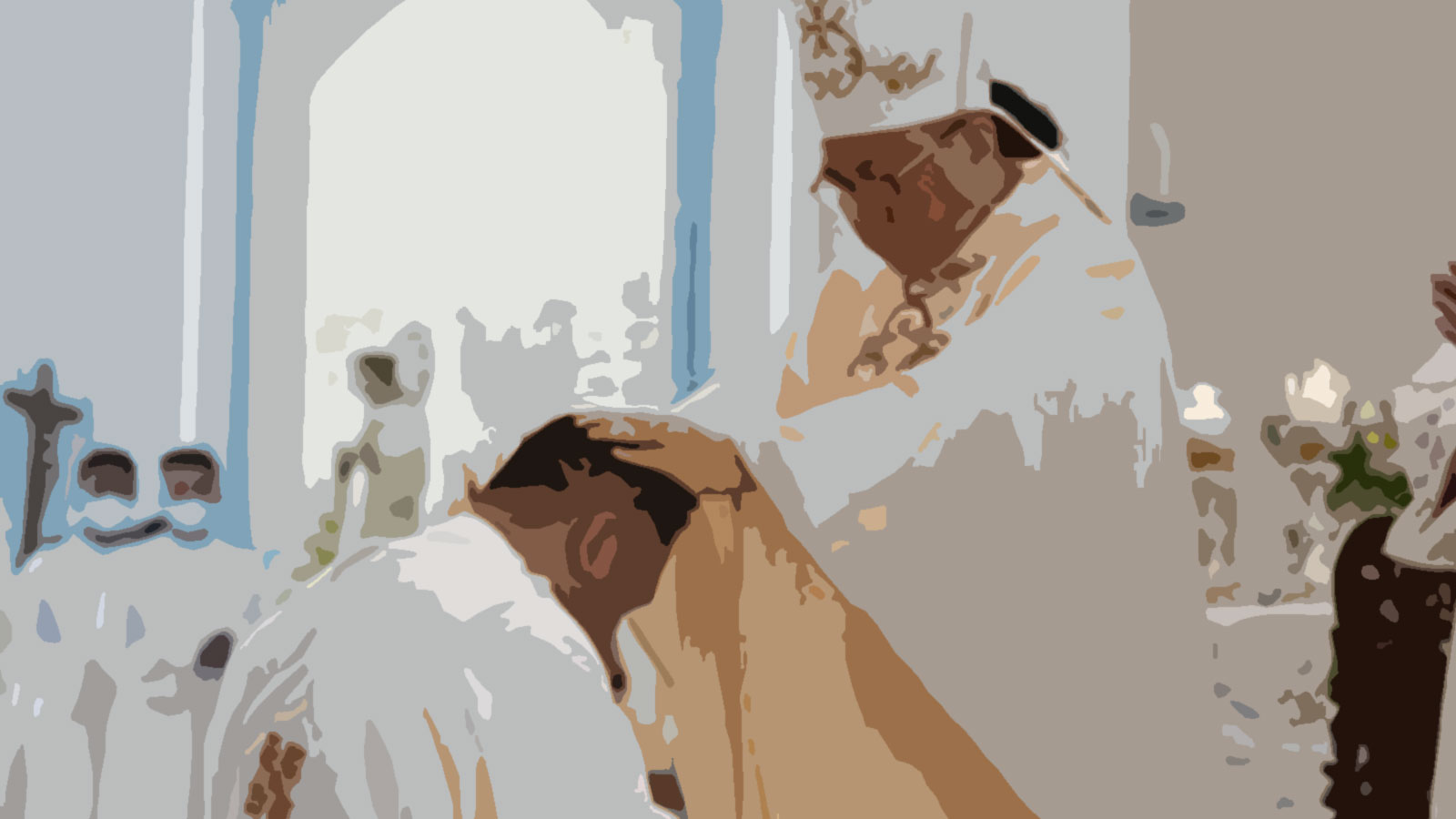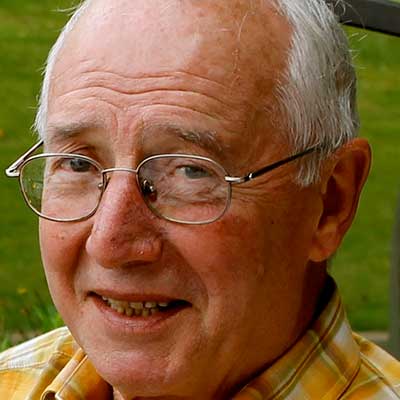 by Charles Phukuta, cicm
by Charles Phukuta, cicm
Superior General
The triennial process of consultations for the appointment of new Provincial Governments is underway in all our entities. In its deliberations, the 15th General Chapter addressed the issue of leadership as an essential part of our mission and our fraternal communion, declaring that “the CICM leadership will have to become a service of authority. It is a leadership of proximity, which, through good communication, interpersonal relationships and regular accompaniment, will lead the confreres to give the best of themselves and resolutely participate in decision-making processes.”[1]
In this context, the leader is called to guide, showing the way, inspiring courage, or giving hope to the ones he serves. When leaders fail to play this role, eventually, the organization suffers. Thus, the importance of a good selection of a leader who, at a particular moment in history, can foster an acute awareness of the mission to be achieved and stimulate a sense of belonging among the members of the entity they serve.
Although our Constitutions talk a lot about the Government of the Institute, there is but one article about who the congregational leaders are or ought to be. Article 101 stipulates: “The Superior general will be a man of God. He must love the institute, be imbued with its spirit and convinced of its mission. He shows wisdom and discernment. He is truly a brother to all the members of the institute, guiding them with courage and steadfastness”. This article provides us with a description of the Superior General’s identity and spirituality and all the leaders of the Institute. The illustration of article 101 could practically apply to all responsible parish priests or administrators of works.
Admittedly, the Constitutions do not speak of a confrere endowed with extraordinary qualities. A responsible leader does not have to have exceptional gifts but being a man of God is central. While the depth of our relationship with God varies, we all are men of God. We love the Congregation and have a good knowledge of its spirit and mission. We have all received the gifts of wisdom and discernment to some extent.
Nonetheless, the last element of article 101 is the most difficult to put into practice: to be a true brother to each confrere, as the leader keeps on being courageous and firm. Experience shows that it is not easy to be a brother to all. As a matter of fact, some confreres consider the Superior as a brother insofar as he is neither courageous nor firm, especially about issues that have to do with them. There is no compatibility about being a true brother and giving in continually out of complacency.
Accordingly, a congregational leader is, at the most basic level, a good confrere, aware of his gifts and responsive to his needs for growth. He demonstrates appropriate conduct through normative and personal actions and interpersonal relationships. He promotes such conduct among members through interpersonal communication, empowerment, and decision-making. No wonder the leader is called to be a positive, honest, and trustworthy role model who uses Gospel values and the principles of religious missionary vocation as a compass for his leadership and decision-making.
A responsible leader is a mature person with a spirituality firmly rooted in Christ. He is easy to get in touch with and has a great capacity to accommodate. Confreres feel at home with him, which strengthens their motivation. He knows where he is going, and he is not afraid to take responsibility. Finally, and above all, he is inspired by the team spirit.
The Constitutions do not ask for exceptional qualities, but where do we find a leader who has all the necessary attributes? I do not know. However, I am sure a team is more likely to meet the challenge. Remarkably, Canon Law talks about a collegium empowered to effectively take decisions as the supreme authority of religious institutes. Canon 631 is about general chapters. It is a pretty clear statement of team leadership, but it is not a practical instrument of ordinary government.
For this reason, with the consent of his Council, the Superior General appoints the other Major Superiors and their Councils after consultation with the members of the entities concerned. Paraphrasing Perfectæ Caritatis, Canon Law (618-619) describes their leadership as docile to the will of God and in a spirit of service. They regard the members of the Institute as children of God and respect them as such. They listen to them attentively, even the most difficult ones, and promote cooperation, thus building caring communities where one seeks and loves God and one another.
Based on articles 83-85 of our Constitutions, what is described above refers to things that each confrere should expect from any other confrere. It is about our identity. Leaders and all those in authority must personally ensure that none of those aspects is disregarded. This does not mean that leaders are required to fulfill every obligation to each member individually. They can call on other confreres to give a hand, especially members of the Council who must personally account for it.
It is not uncommon that the personal exercise of authority, even by well-motivated leaders, can easily descend into arbitrariness or outright peremptory disregard of differing opinions. When it comes to concrete decisions that directly affect members, Canon Law considers the superior’s role and position as legally distinct from those of the council members. The two perform different functions of government. Superiors are not allowed to function without a council. Teamwork is a necessity, and Canon Law (cc. 127 and 627) insists on the need to seek and value the assistance of councils; it also establishes several guidelines that guarantee individual freedom and responsibility.
Thus, the Councilor’s principal role consists of helping the Superior, offering him informed and honest counsel. To counsel well, the Councilor needs to be attentive to the reality of the Province. If necessary, he reminds the Superior to consult the members about matters that will affect them. The Councilor should be free to say what he thinks considerately and discreet enough not to take what is spoken about in the Government outside.
Our Constitutions and Common Directory stipulate decisions that require the advice or consent of the Council for their validity. The action of a Superior is legally invalid if he does not seek advice or obtain the consent of the Council on the matter in question. When an action requires consent, the Superior cannot legitimately act if he has not obtained it.
Even at the parish or another congregational work level, responsible Superiors share their authority instead of just applying it. As good listeners, they find ways to engage and involve everyone in the Administration and Governance processes. They highlight their members’ capacities as well as lead them to take responsibility for their actions. They encourage freedom of expression to broaden their minds. They favor collaboration rather than competition. Working side by side, not against each other, facilitates the ministry of Administration and Governance. They value and promote teamwork, interactions, and cooperation between confreres and between Provinces. In turn, they become more present with each other, more human, good-humored, curious, and compassionate. The reality is that today’s leaders must be supple in a fast-changing world, ready to fall a thousand times and rise. By tapping into their humanity, responsible leaders can see and understand others better, appreciate individuality and difference, and create a thriving culture of solidarity and universal brotherhood.
Today, our society demands greater accountability, even from the Church. Many confreres would agree that leadership is one of our crucial challenges. They share their concerns. They are not asking for theoretical answers such as new statements or new structures. Of course, these can also be helpful, but they need a lot more, namely, spirituality, community, proper accompaniment, compassion, reconciliation, and passion for the mission. It is from each confrere that they expect a response. The honest answer to their questions will be in relationships - with God and with one another. We hope that this reflection will invite further contemplative reflection, especially by the new Provincial Governments. In our desire for responsible leadership, following the example of Christ at the Last Supper, let us reach for the pitcher and pour water into a basin. The feet of the confreres are waiting.
[1] Acts of the 15th General Chapter, p. 5.








